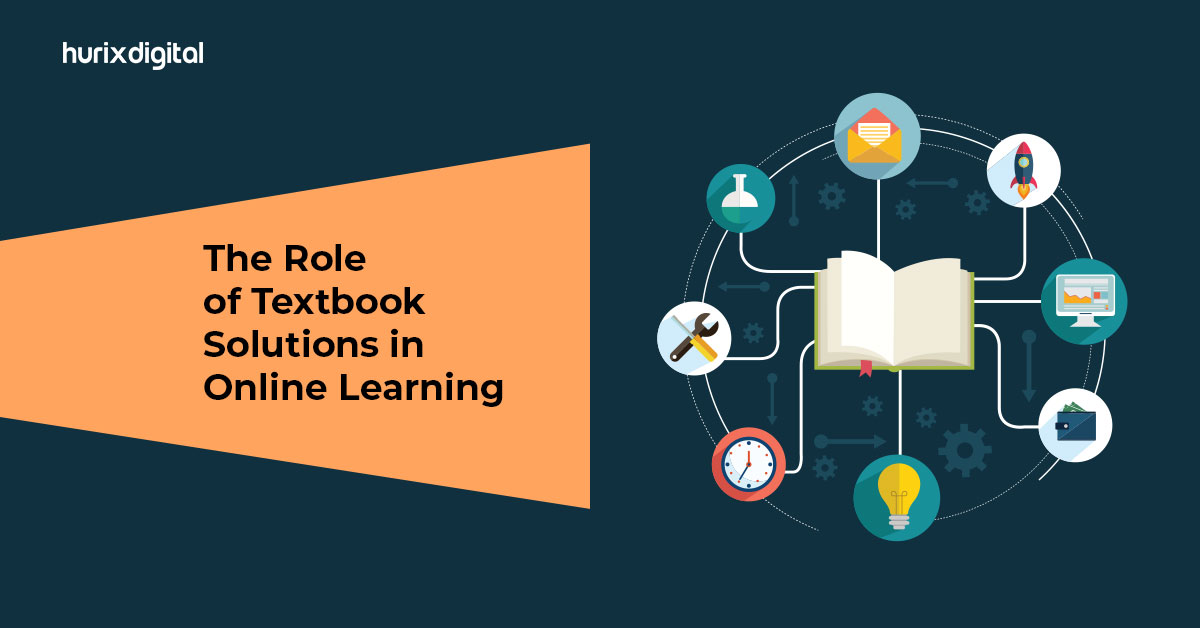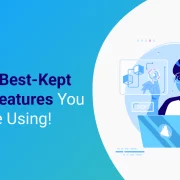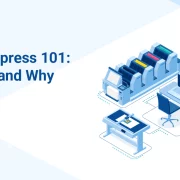
Role of Textbook Solutions in Online Learning
Summary
Learn about the evolving role of textbook solutions in online learning, and how they are being adapted to fit digital formats and enhance student comprehension.
Table of Contents:
- Introduction
- Anywhere, Anytime Accessibility
- Improved Understanding Of Concepts
- Customized, Flexible, Self-Paced Learning
- Immediate Feedback, Practice, And Reinforcement
- Cost-Effective
- The Bottom Line
1. Introduction
The Covid-19 pandemic created a roadblock to traditional classroom learning models. The education industry experienced a shift towards online learning platforms, affording access to students worldwide.
As learners gain access to numerous sources of information, textbook solutions present an alternative that is adaptable enough to integrate knowledge and serve as a component of quality instruction. They feature interactive infographics and videos to augment the virtual learning experience.
Textbook solutions provide detailed solutions for queries or problems assigned to students as part of their coursework. Digital textbook solutions are reliable tools providing an interactive interface with credible information translated into a non-editable, virtual format. Students employ these solutions as a reference to verify answers, understand underlying concepts, and practice problem-solving skills.
In online learning, textbook solutions may be availed in various formats, such as PDF documents, videos, or interactive online tools. They may also include step-by-step guides, hints, and explanations of key concepts.
Some online courses may also offer additional resources, such as discussion forums or online tutoring services, to help students better understand the material and master the skills required for the course.
This article shall offer valuable insights into the role of textbook solutions in online learning to improve the educational experience for students and contribute to their academic performance.
2. Anywhere, Anytime Accessibility
Textbook solutions present pre-written answers to the questions and problems that appear in textbooks and are accessible by students anywhere and at any time through digital resources, such as websites or online platforms. This convenience can be helpful, especially for students who study remotely or have busy schedules.
Online textbook solutions are more portable than their physical counterparts, saving you the trouble of lugging about a backpack full of heavy volumes. All that is needed is a device with the coursework to avail notes and course materials while on the go. Allowing students instant access and the ability to revisit the study material at their discretion enforces flexibility in the learning schedule. Digital solutions may be downloaded and accessed offline for a seamless learning process. Freedom from 24/7 dependence on the internet liberates students from its availability constraints.
3. Improved Understanding of Concepts
Textbook solutions provide clear and detailed descriptions of the concepts covered in the textbook by offering additional context, including all necessary illustrations, interactive elements, graphs, diagrams, and tables to reinforce the material. Sequentially depicted solutions and examples of how to solve problems help clarify challenging concepts. Assisting students in inferring the material better enhances their ability to apply the concepts in different situations. Textbook solutions incorporate multimedia elements that bear the potential to go beyond traditional printed textbooks for a comprehensive learning experience.
By incorporating interactive videos, audio explanations, and hyperlinks to additional resources, virtual solutions extend engaging avenues to create a dynamic learning experience. Multimedia elements can facilitate enhanced comprehension and retention of complex ideas as students can see and hear explanations in addition to reading them. Interactive videos can provide simulations and relevant demonstrations that bring the subject matter to life, while audio narrations offer additional insights. Hyperlinks directing to supplementary resources encompassing relevant information can help students explore topics further for concrete learning.
4. Customized, Flexible, Self-Paced Learning
Textbook solutions allow for customization, enabling students to review the material as often as necessary to fully understand it and advance through the course material at their own pace. An approach that caters to students’ learning styles and interests helps build a solid foundation of knowledge.
Students might be reluctant to ask teachers to reiterate or elaborate on a subject previously concluded in a traditional classroom context. Textbook solutions offer unlimited access enabling students to optimize retention by going over earlier lectures, reviewing material, and creating notes. This yields a thorough understanding of the subject before moving on to the next section.
Digital solutions allow learners to focus on areas with scope for improvement and allot time to master complex concepts while moving through uncomplicated material quickly. Assessing and tailoring lesson plans in tune with their learning potential and style enables the acquisition of new skills. Therefore, students who value flexibility and autonomy in their learning experience can achieve their academic goals through a self-directed path.
5. Immediate Feedback, Practice, And Reinforcement
Students can efficiently discover and close their learning gaps thanks to the immediate feedback provided by online textbook solutions. In addition to helping students avoid typical mistakes, this can also prevent misunderstandings from getting entrenched.
Digital solutions deliver conceptual knowledge to solidify learners’ understanding by integrating exercises and practice questions enabling students to strengthen their comprehension of the subject and practice using the principles they have learned.
Leveraging these educator-verified explanations, students improve their grades by practicing and reinforcing their understanding. Textbook solutions accumulate optimum learning resources that foster learners’ skill development with tailored solutions to engage the learner.
6. Cost-Effective
The cost of textbooks adds up to a significant annual expense for the ordinary student. The inception of online learning platforms eliminates concerns regarding the cost of education, potentially widening the pool of students who can access instruction and resources.
Exorbitantly priced physical counterparts can be eradicated, enabling quality learning at a sustainable cost. Additionally, since no printing, shipping, and distribution cost are involved, online textbook solutions present an affordable and eco-friendly alternative to conventional campus-based printed solution manuals. Students may reap considerable financial benefits by saving several hundred dollars annually on textbooks.
7. The Bottom Line
Online learning platforms foster collaborative communication, allowing students to respond, create, and share with other learning community members. Online textbook solutions supplement and enhance students’ understanding of critical concepts by presenting bite-size portions of information to consolidate student learning.
At Hurix, we curate tech-driven, multi-device compatible step-by-step online solutions for millions of textbook queries accessible across several platforms by leveraging the expertise of our certified team of SMEs. Our top-notch educational assistance meets learner requirements enabling them to master challenging concepts and ace their exams.

Passionate about developing innovative business models for customers in the content space. Primarily focused on the markets: US, UK, Europe, Middle East and APAC with 18 years of experience. Focused on collaborative working with internal teams such as Technology, Operations, Finance, and Marketing to ensure the voice of the customer is in everything that the company builds.




